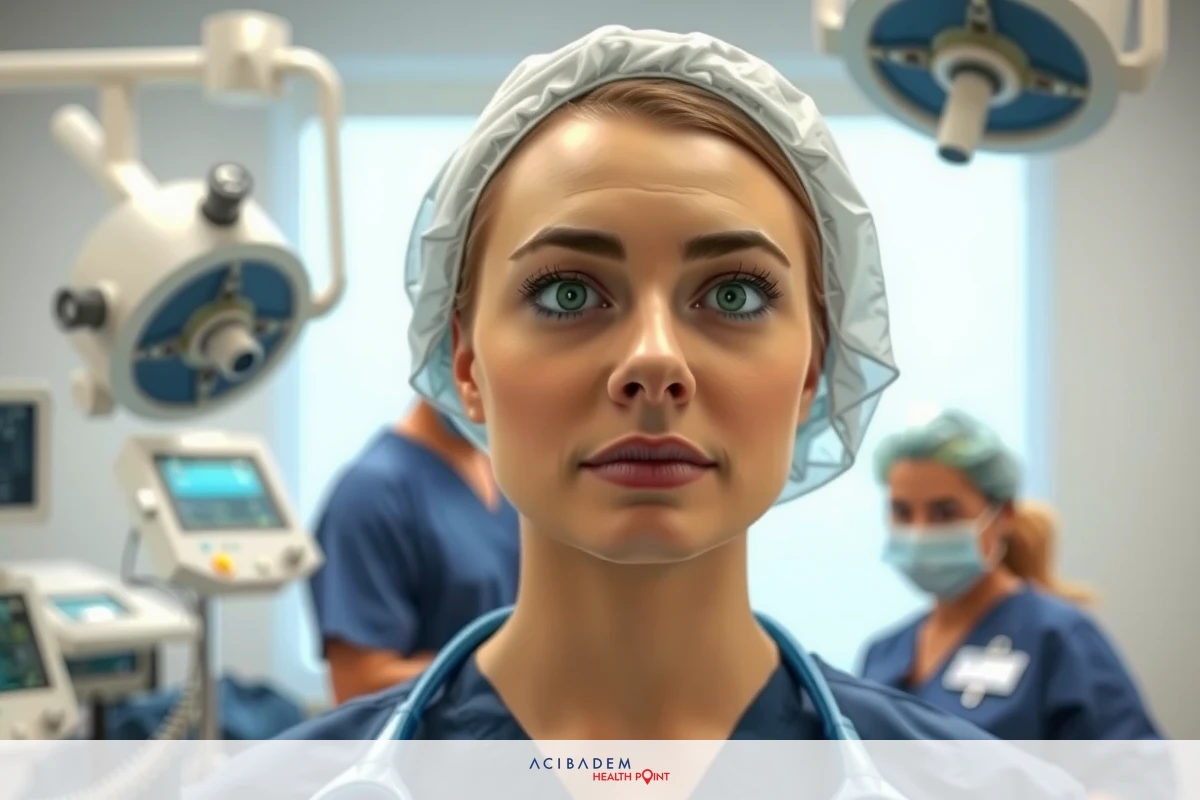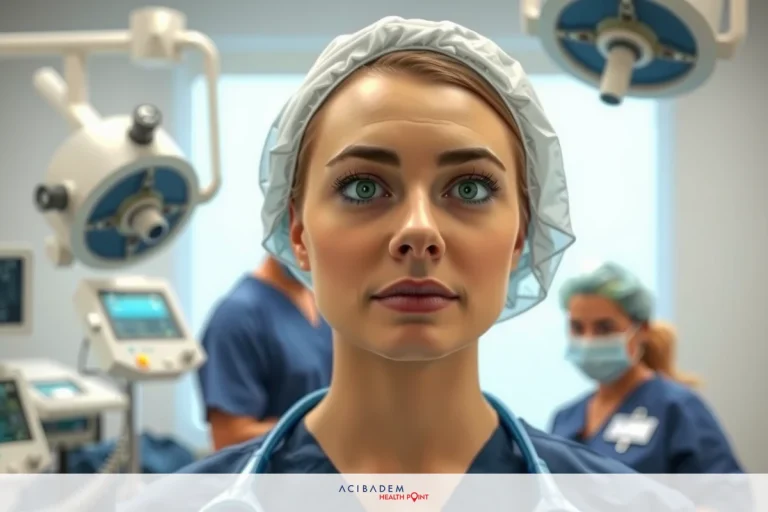Is Rhinoplasty Surgery Covered by Insurance?
Is Rhinoplasty Surgery Covered by Insurance? Rhinoplasty surgery can change the shape and appearance of the nose. It’s an operation that many people consider for both cosmetic and medical reasons. One factor in deciding whether or not to proceed with this surgery is the cost and the question of insurance coverage.
This article will provide information about the typical insurance coverage for rhinoplasty surgery. It aims to help readers understand if their health insurance policy might cover the cost of this procedure. The factors influencing insurance coverage, such as the reasons behind needing the surgery, will also be discussed.
What is Rhinoplasty Surgery?
Rhinoplasty alters the shape or function of the nose. It’s one of the most frequently performed plastic surgeries worldwide. This procedure can be done for many reasons, including fixing breathing issues, correcting birth defects or injuries, or improving aesthetic appearance. The surgery itself involves modifying the bone and cartilage structure of the nose to achieve the desired result.
The process of rhinoplasty surgery varies based on the specific needs of the individual. For some people, it may involve reducing the size of the nose by removing bone and cartilage. For others, it could mean increasing the size with grafts or implants. The surgery can also change the shape of specific parts of the nose, such as the tip or nostrils. Despite its complexity, rhinoplasty is generally an outpatient procedure, meaning patients can go home on the same day.

Rhinoplasty serves a dual purpose; it can significantly improve both form and function. From an aesthetic perspective, it can enhance facial harmony and proportions. From a functional standpoint, it can correct structural defects in the nose that cause breathing problems. It’s essential to note that rhinoplasty isn’t usually recommended until the nose has reached its adult size. This typically happens by age 16 for girls and slightly later for boys.
Insurance Coverage for Rhinoplasty Surgery
Insurance coverage for rhinoplasty surgery is not always straightforward. It generally depends on the reason for the procedure. If the surgery is performed for cosmetic reasons, insurance companies typically do not cover the costs. However, if it’s needed for medical reasons, such as fixing a deviated septum that causes breathing problems, there’s a higher likelihood that insurance will cover at least a portion of the cost.
The key factor in obtaining insurance coverage for rhinoplasty is demonstrating medical necessity. This means providing evidence that the procedure isn’t merely for aesthetic improvement but is crucial to alleviate health problems or improve quality of life. Documentation from your doctor explaining why the surgery is necessary can be beneficial in these cases. It’s also essential to understand your specific insurance policy and consult with your provider to determine what might be covered.
While it’s true that insurance coverage can significantly reduce the out-of-pocket expenses associated with rhinoplasty, it’s important to remember that each case is unique. Factors such as your specific insurance plan, overall health condition, and the recommendations of your healthcare provider will all play a role in determining whether your insurance will cover the cost of rhinoplasty surgery. Always consult with your insurance company and healthcare provider to understand what costs you can anticipate.
Frequently Asked Questions
Will insurance cover rhinoplasty surgery for purely cosmetic reasons?
No, insurance typically does not cover rhinoplasty surgery solely for cosmetic purposes. Cosmetic procedures are generally considered elective and are the responsibility of the patient to cover.
How can I determine if my insurance will cover rhinoplasty surgery?
The best way to determine if your insurance will cover rhinoplasty surgery is to review your policy or contact your insurance provider directly. They can provide specific information regarding coverage criteria, documentation requirements, and any potential out-of-pocket expenses.
What documentation might be required for insurance coverage?
Documentation requirements vary among insurance providers, but common requirements may include medical records, photographs of the nose, results of diagnostic tests, and a detailed explanation from your healthcare provider outlining the medical necessity of the procedure.
Are there any non-surgical alternatives that insurance may cover for nose correction?
In some cases, non-surgical alternatives such as injectable fillers or nasal splints may be used to address certain nasal concerns. These alternatives are generally less invasive than surgery and may have different coverage guidelines depending on your insurance policy.
Can I appeal a denied insurance claim for rhinoplasty surgery?
Yes, you have the right to appeal a denied insurance claim. If your claim is initially denied, you can work with your healthcare provider to gather additional documentation and submit an appeal explaining why you believe the procedure should be covered.











